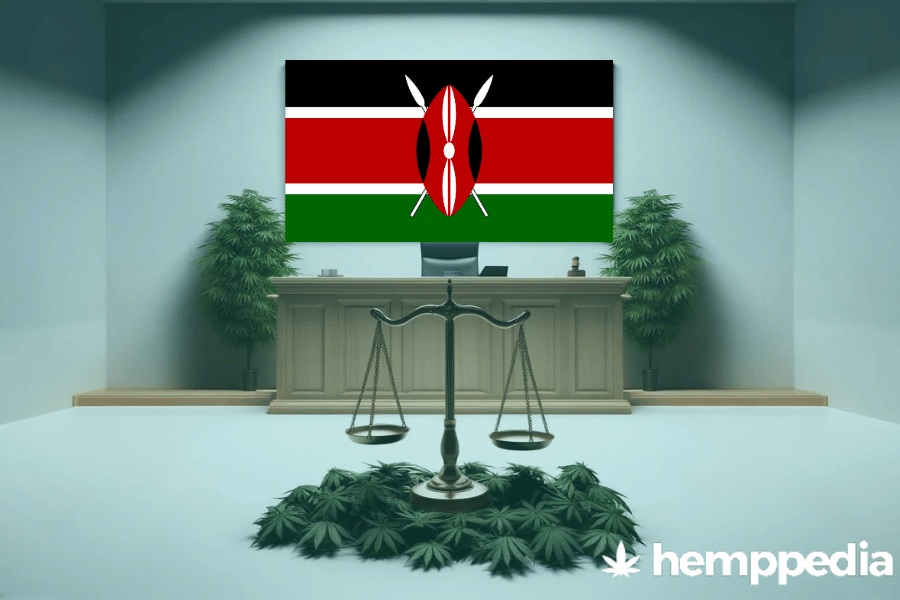TL;DR
Cannabis laws vary across different regions, and in this article, we will delve deep into the legal status of Cannabis in Kenya. As it currently stands, both recreational and medical use of cannabis in Kenya remains illegal.
| Recreational Use | Medical Use | |
|---|---|---|
| THC | Illegal | Illegal |
| CBD | Illegal | Illegal |
Introduction
Understanding the legal situational context of cannabis use is important due to the rapid changes and the global trend towards legalization or stricter controls. Despite many countries moving towards more liberal laws, Kenya still maintains stringent laws and penalties for cannabis use and possession.
Overview of Cannabis Legislation
Given the complex nature of legislation around cannabis use, it’s crucial to define some key terms. Legalization refers to the removal of all legal prohibitions, while decriminalization means the removal of criminal sanctions. Medical use pertains to the use of cannabis for medicinal purposes under prescription, and recreational use refers to the use of cannabis for personal pleasure or leisure.
State-Specific Legal Details
Legal Status
In Kenya, both medical and recreational use of cannabis is illegal, with severe penalties including imprisonment for use and possession. This information is detailed in the Narcotic Drugs and Psychotropic Substances (Control) Act of 1994 in Kenya.
Historical Context
The prohibition of cannabis use in Kenya dates back to the colonial era, largely as a result of societal norms and values at the time.
Possession and Use
Regardless of the quantity, possession of cannabis in Kenya is illegal and punishable by law. The Narcotic Drugs and Psychotropic Substances Act prohibits consuming and possessing of cannabis.
Cultivation and Distribution
Similarly, cultivation and distribution of cannabis are also prohibited. There are no legal avenues for the distribution of cannabis in Kenya, either through dispensaries, pharmacies or clubs.
Enforcement and Penalties
The Kenyan law mandates severe penalties, including long term imprisonment. The enforcement of the laws is strict, and violators face heavy penalties including large fines and imprisonment.
Medical Cannabis
Different from many other countries, medicinal use of cannabis is also prohibited in Kenya. Therefore, there are no conditions where cannabis can be prescribed or obtained for medicinal purposes.
Social and Economic Impact
The prohibition of cannabis usage has had both social and economic impacts. Due to its illegal status, a black market economy, fueling criminal activities and violence, has risen. The stringent prohibitions have also inflated prison populations and impeded research into potential medicinal benefits.
Comparative Analysis
Contrasting with the legal status of cannabis in Kenya, several countries, including South Africa, have decriminalized the use of marijuana, and others like Uruguay and Canada have legally regulated it. Furthermore, many countries, including the United States and parts of Europe, have adopted progressive laws allowing medical cannabis use.
Future Outlook and Ongoing Debates
There are debates about legalizing medical and recreational cannabis within Kenya. However, there’s currently no concrete effort towards legalization or decriminalization in the country’s legislation.
Conclusion
While globally, a shift towards decriminalization and legalization of cannabis is apparent, Kenya remains firmly on the side of prohibition with both recreational and medical cannabis being illegal. It is crucial to continue monitoring changes in local and global landscapes regarding the legal status of cannabis.





